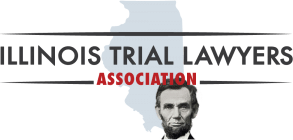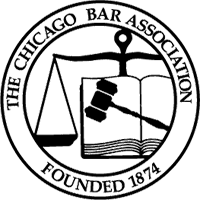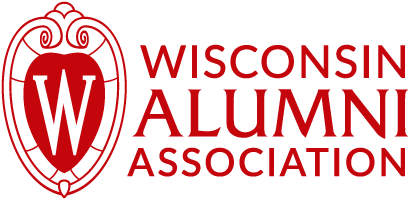Spotlight on Nursing Home Abuse
Elder abuse, a grave concern impacting societies globally, manifests in various forms ranging from physical, emotional, to financial exploitation. While this issue can occur in any setting, it becomes particularly distressing within the confines of nursing homes. As these are the very places where elderly individuals are expected to receive care and protection.
Understanding the signs of abuse in elderly individuals, especially within nursing homes, is crucial for safeguarding their well-being. It is also a critical aspect of ensuring they live their twilight years in dignity and safety.
General Signs of Elder Abuse
Elder abuse encompasses a broad spectrum of mistreatment that can affect an individual’s health, welfare, and safety. These include everything from physical and emotional abuse, to subtle signs of neglect. General indicators of such abuse include:
• Physical Abuse:
Unexplained bruises, wounds, or scars; frequent injuries; and the refusal of caregivers to allow visitors to see the senior alone.
• Emotional Abuse:
Uncharacteristic changes in behavior, such as withdrawal from normal activities, sudden depression, or fearfulness.
• Neglect:
Poor hygiene, unattended medical needs, and significant weight loss or malnutrition.
• Financial Exploitation:
Sudden changes in financial situation, unexplained withdrawals from bank accounts, or alteration in wills and power of attorney.
Signs of Nursing Home Abuse
When focusing on nursing homes, recognizing abuse can be challenging. This is because the signs may be subtle or masked by underlying health conditions. However, some specific indicators include:
• Poor Living Conditions:
Unsanitary and unsafe living conditions that indicate neglect.
• Staff Inattention:
A lack of friendly interaction between staff and residents, staff members who seem overworked, and a high staff turnover rate.
• Behavioral Changes:
Seniors who are usually outgoing becoming withdrawn or showing fear around certain staff members.
• Unexplained Injuries:
Frequent falls, fractures, or bruises, especially if explanations seem implausible.
• Overmedication:
Signs of lethargy or excessive sleeping that may indicate improper use of medication to manage behavior.
Identifying Additional Signs and Symptoms of Abuse
In the journey to protect our elderly loved ones, understanding the full scope of potential abuse or neglect signs is crucial. Beyond the already mentioned indicators, certain signs and symptoms can further alert family members or friends to the possibility of abuse.
Broken bones, for instance, may not always be the result of accidents or falls but could signify rough handling or physical abuse. Sexual abuse, a deeply disturbing form of mistreatment, can be harder to detect but may manifest through unexplained STDs, injuries to private areas, or sudden changes in behavior towards nursing home staff members or residents.
Moreover, the condition of an elder’s living environment can offer clues to their care quality. Soiled bedding or clothing, for example, is not just a sign of poor hygiene but can indicate neglect from health care providers in attending to the basic needs of residents. Such conditions can lead to health complications, further emphasizing the importance of vigilance in monitoring the care your loved one receives.
The Role of Family and Friends in Preventing Abuse
Family members and friends play a pivotal role in preventing abuse and ensuring the well-being of their elderly loved ones. Regular visits not only boost the elderly person’s spirits but also provide opportunities to monitor their health and living conditions closely.
Engaging in open conversations with your loved ones about their day-to-day interactions and feelings about the care they receive can unearth hidden issues of abuse or neglect. Additionally, building a good rapport with nursing home staff members can facilitate better care and attentiveness towards your loved one’s needs.
How to Respond When You Suspect Nursing Home Abuse
If you suspect your loved one is a victim of nursing home abuse, reaching out to a trusted nursing home abuse lawyer can be a vital step. These legal professionals specialize in advocating for the rights of the elderly and can provide guidance on how to proceed with reporting abuse and seeking justice.
Moreover, they can help you navigate the complexities of legal claims against nursing home administrators and staff, ensuring that victims receive the compensation and protection they deserve.
Awareness and Vigilance are Key
Remaining observant and alert to changes in your loved ones health or behavior are key to combating elder abuse. This is particularly important in nursing homes where residents may be especially vulnerable. By recognizing the signs and knowing how to respond, we can all play a part in protecting our elderly loved ones from harm.
If you believe your loved one, or any elderly person is in immediate danger, it’s crucial to act quickly to ensure their safety. Contact local authorities or emergency services right away to get the urgent help needed.
In addition to this immediate action, if you suspect abuse, don’t hesitate to reach out to an experienced personal injury attorney. They can offer expert guidance on how to proceed, discuss your legal options, and take the necessary steps to ensure your loved one receives justice.








